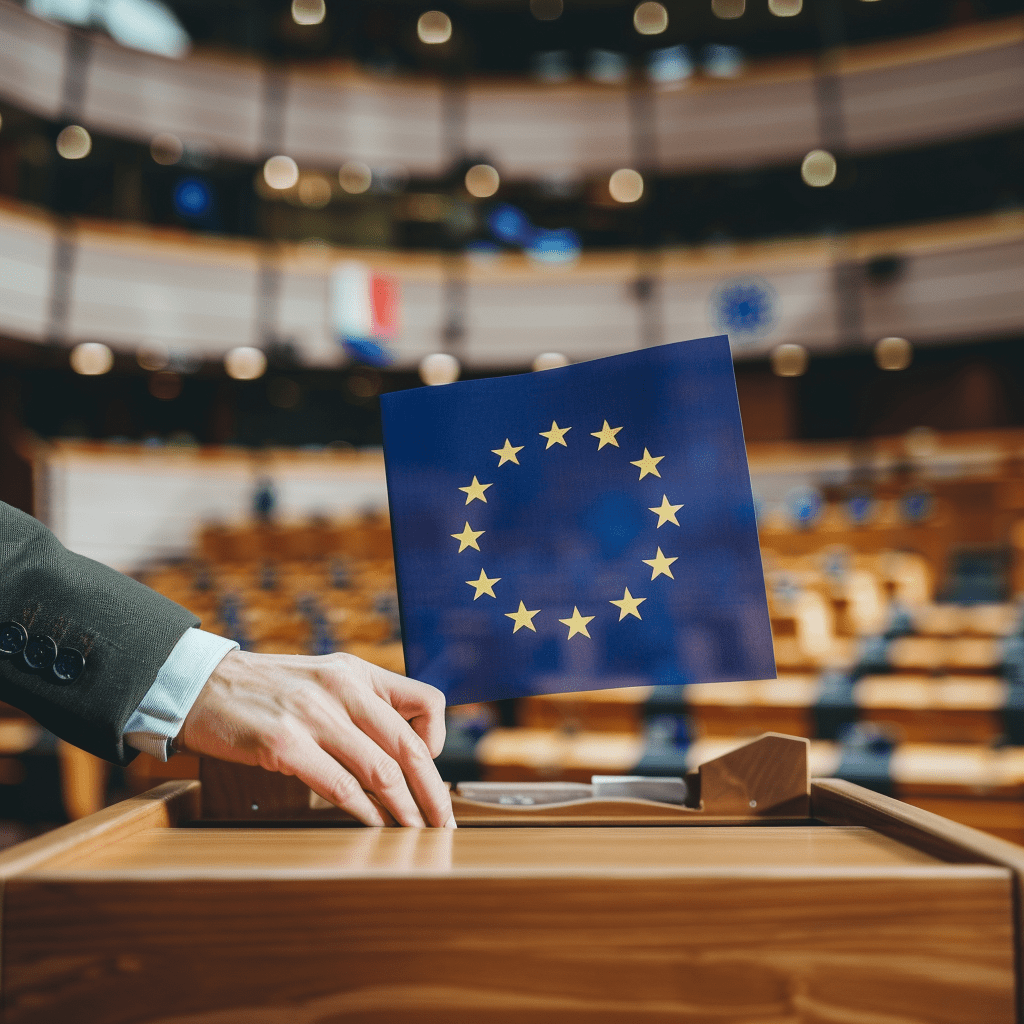Reports
Lithuania Weekly: Anniversary of Lithuania’s membership in NATO
Over the past week, Kremlin-affiliated media in Lithuania saw the highest engagement with stories focused on domestic events. Lithuania celebrated a notable 20th anniversary as a NATO member during the reporting period;
Read moreLithuania Weekly: Search for the new Minister of Defence
This week, domestic issues dominated the stories, with the most engagement within Kremlin-aligned media in Lithuania. Pro-Kremlin outlets continued to explore the resignation of the former Minister of National Defence Arvydas Anušauskas more deeply, using it to criticise the government further, present various theories about why it happened, and review the possible candidates for the post. Discussions about the upcoming war were also present within the malign media: many of the articles discussed the subject of NATO sending troops to Ukraine and openly stated that war with Russia is simply inevitable; it just depends on what agreements will be reached during negotiations with Russia and what the outcome of the current war will be for Lithuania.
Read moreLatvia Weekly: Russia and European Parliament elections
In the examined week, content primarily surrounded themes of corruption mainly relating to the former prime minister and current foreign minister Krisjanis Karins and Russia concerning potential threats from Russia, trade with Russia, and communication from the government regarding these issues as well as the treatment of Russian diaspora in Latvia. The narratives of corruption and harmful treatment of the Russian diaspora in Latvia have been present in the prior examined months, whereas the argument on Latvia to retain some form of economic cooperation with Russia resulted from an initiative in the parliament to ban all such activities. When comparing the audience's response regarding similar content concerning the treatment of the Russian diaspora in Latvia on different platforms (Facebook and Twitter), the engagement reached on Twitter is noticeably more critical, calling out the author's logistical inconsistencies and misrepresentation of facts.
Read moreEstonia Weekly: Economy and high taxes
This week, many posts focused on the economy, raising taxes and the budget. Several posts claimed the misuse of state funds by politicians for political advertising. Posts contended that the higher taxes are what is causing the economic downfall. Some posts centred around the Ukraine war, as well, with claims that Kaya Kallas cannot guarantee that Estonian soldiers will not be sent to Ukraine. there was also a story about an Estonian ambassador who was removed from a delegation flight to Japan because he was supposedly drunk, but no one will explain what happened.
Read moreShowing 13 to 16 of 24 results
Don't miss a story.
We publish stories that change laws, lives, minds and the world. Subscribe to our newsletter to get our investigations delivered to your inbox.



